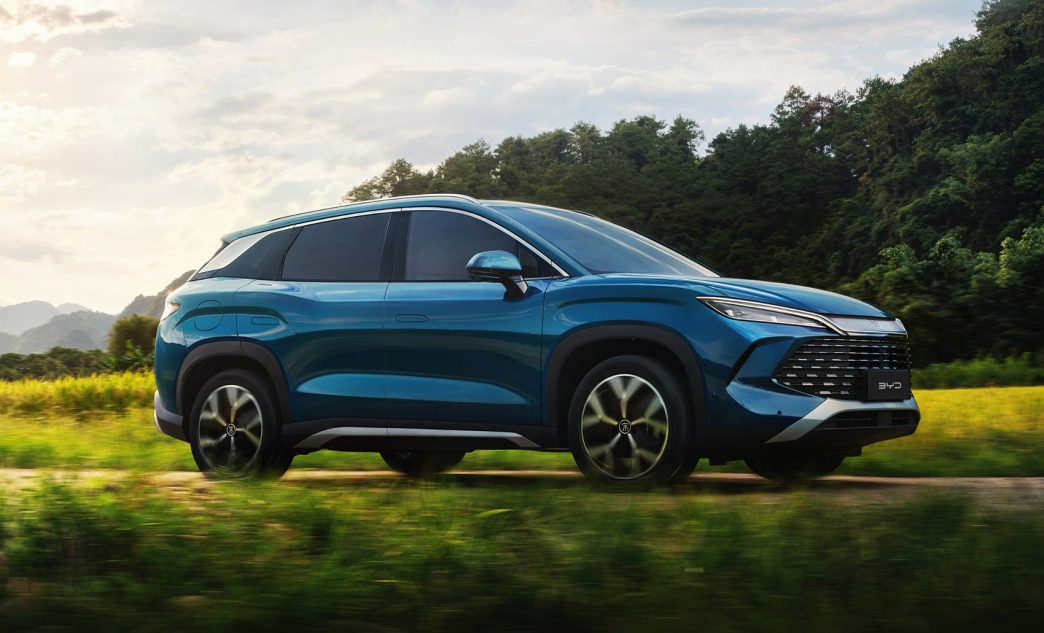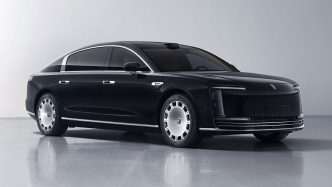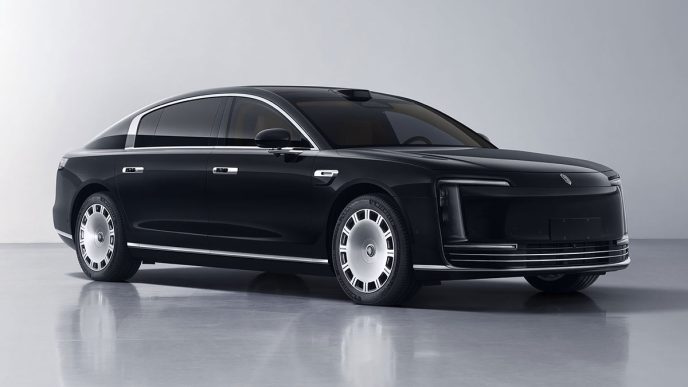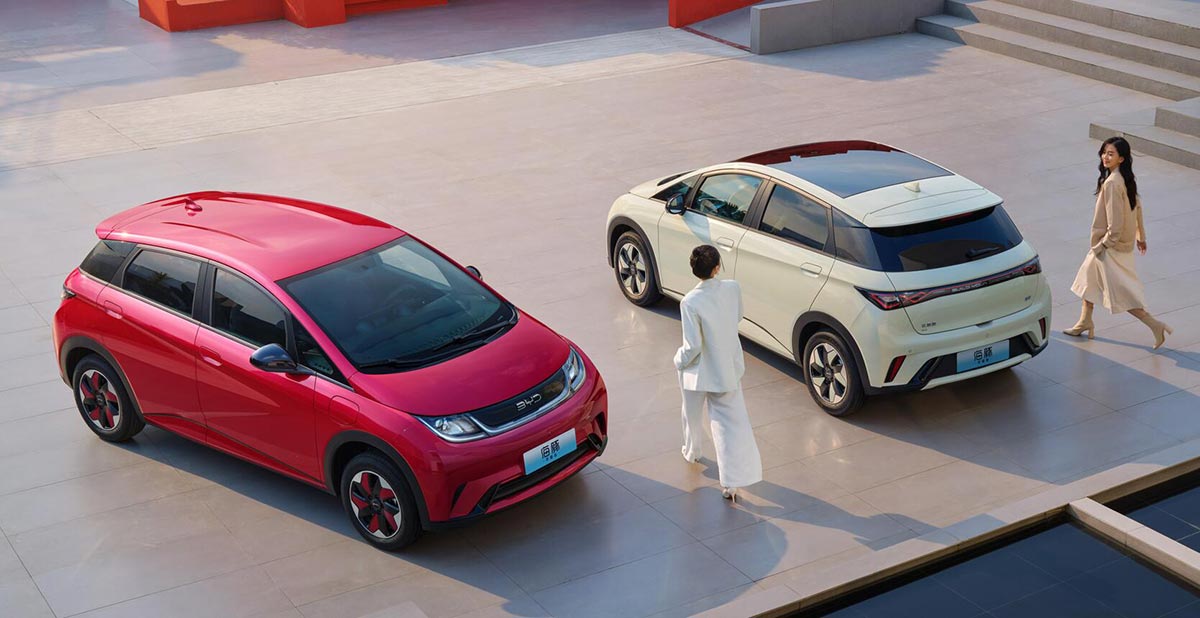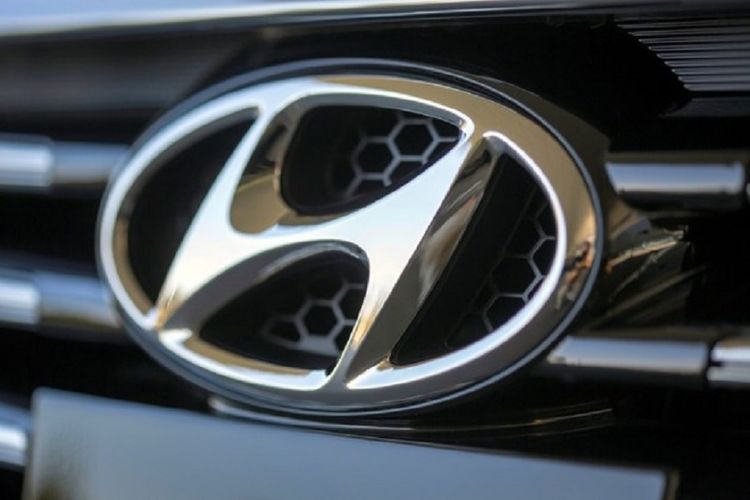China’s electric vehicle (EV) market is accelerating at an unprecedented pace, with sales of fully electric and hybrid vehicles nearly tripling over the past three years and surging to almost eight times the levels recorded in 2020. While this rapid adoption is a boon for automakers, it poses significant challenges for the global oil industry, long reliant on China’s growing demand.
Currently, almost 20% of the world’s oil production is consumed by China, with gasoline accounting for 25% of the nation’s oil usage. However, the rise of EVs is expected to drive a sharp and sustained drop in gasoline demand. Analysts predict annual reductions of 4-5% in Chinese gasoline consumption through the end of the decade, a rate of decline accelerated by the booming EV market, which outpaces earlier forecasts.
One in 10 vehicles on Chinese roads today is electrified, a figure projected to double by 2027. By the 2040s, EVs could dominate the market entirely, Anders Hove, a China researcher at the Oxford Institute for Energy Studies, told Bloomberg. Hove estimates that oil demand for light vehicles in China could shrink from the current 3.5 million barrels per day to just 1 million by 2040, a dramatic decline set to ripple across the global oil sector.
Despite the grim outlook for Big Oil, there are mitigating factors. EV penetration remains relatively low in major markets like the United States, where they represent just 10% of car sales. Even within China, plug-in hybrid electric vehicles (PHEVs), which still rely on gasoline, constitute a significant portion of EV sales, although their exact fuel usage remains under scrutiny.
As China’s transition gathers pace, the shift underscores the transformative impact of electrification on traditional energy markets and the challenges ahead for industries tied to fossil fuels.
Source: Bloomberg


